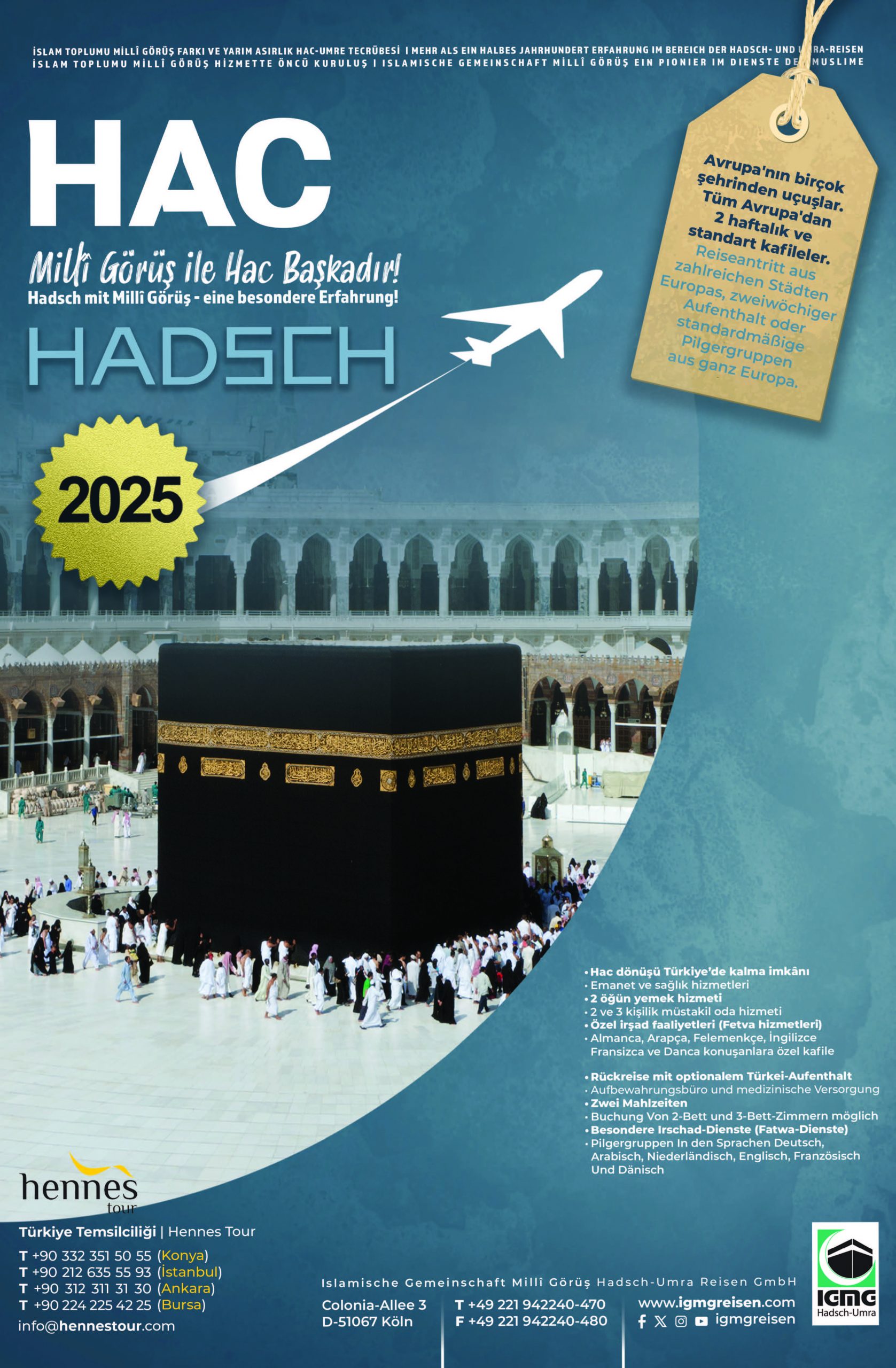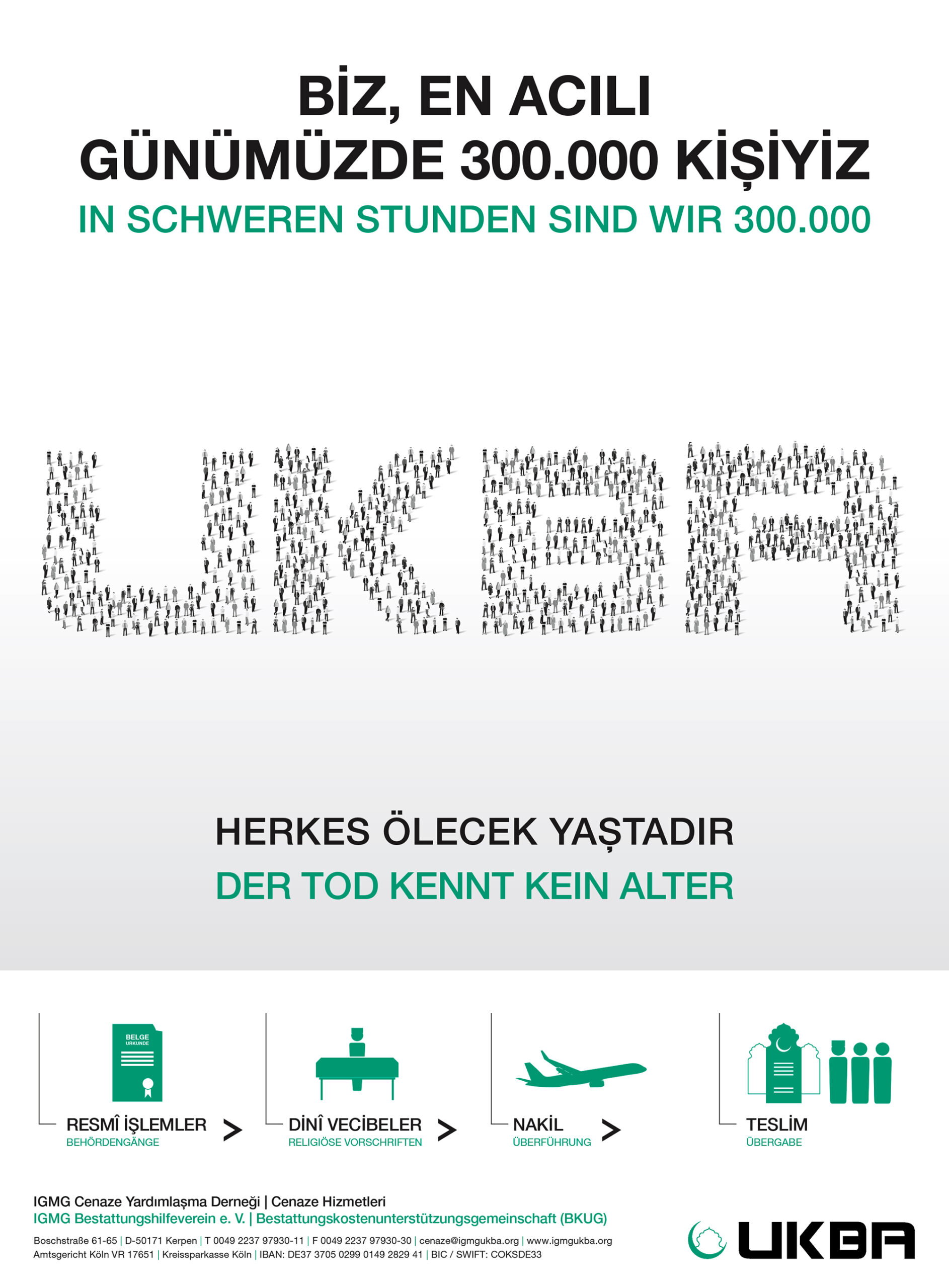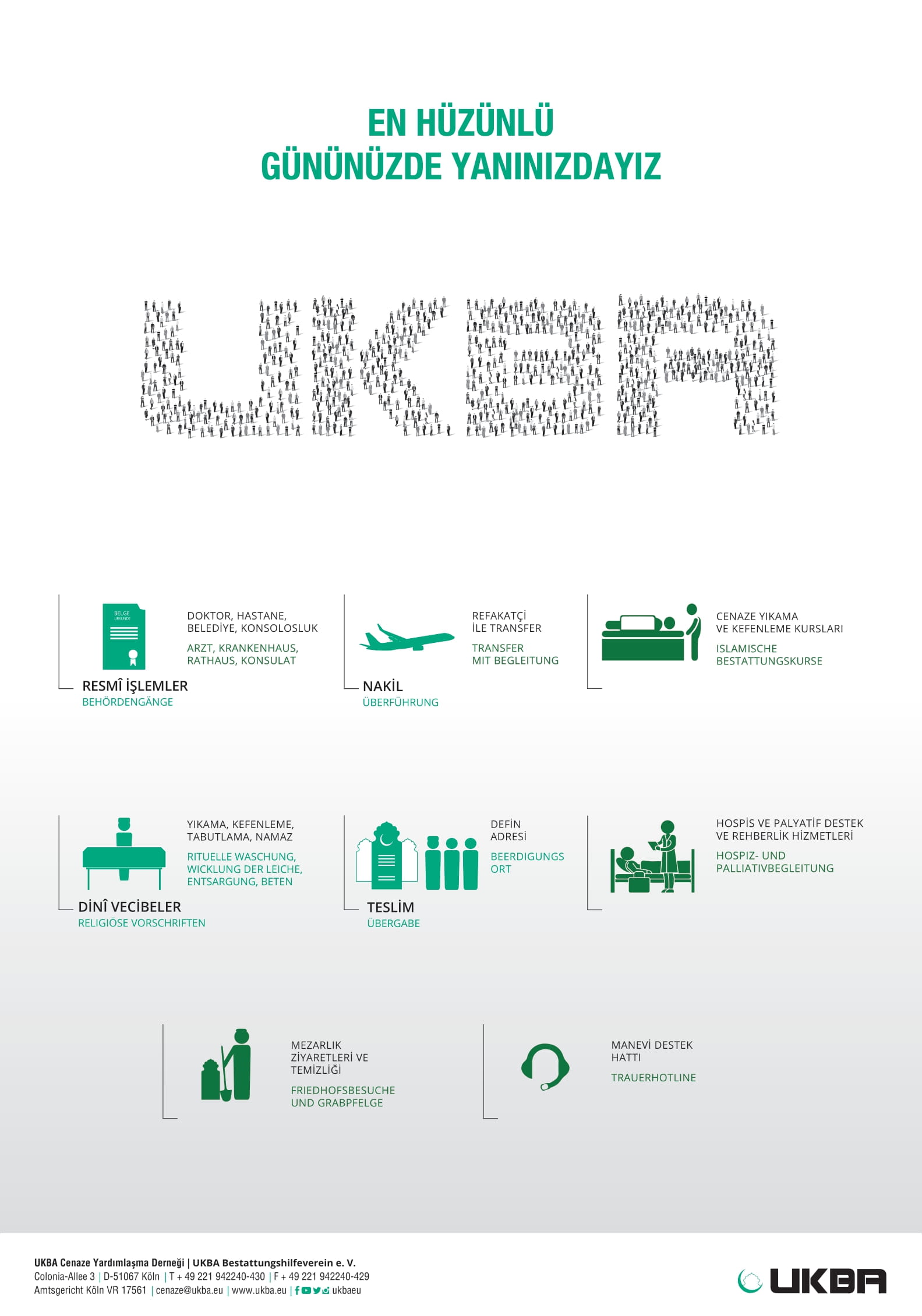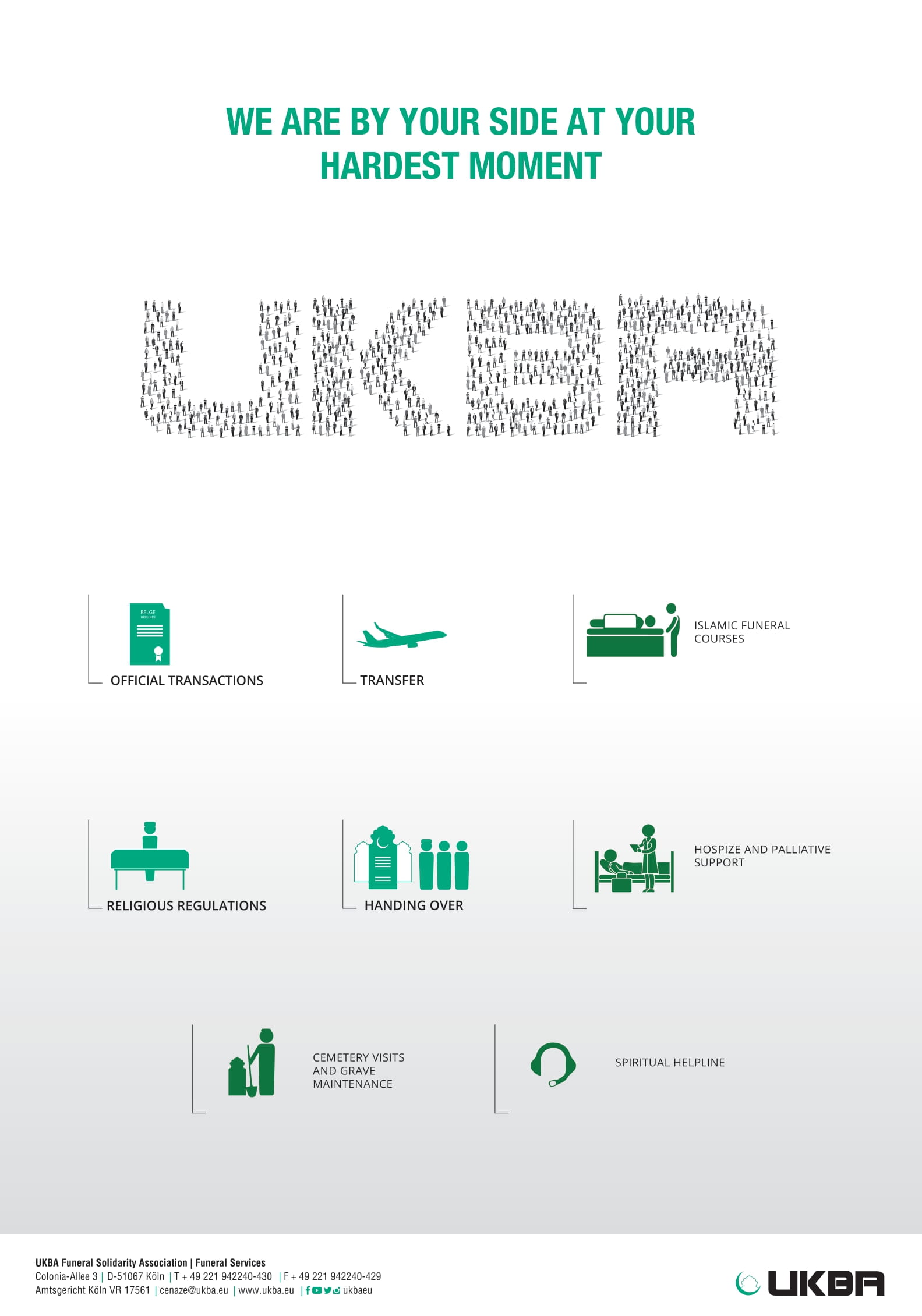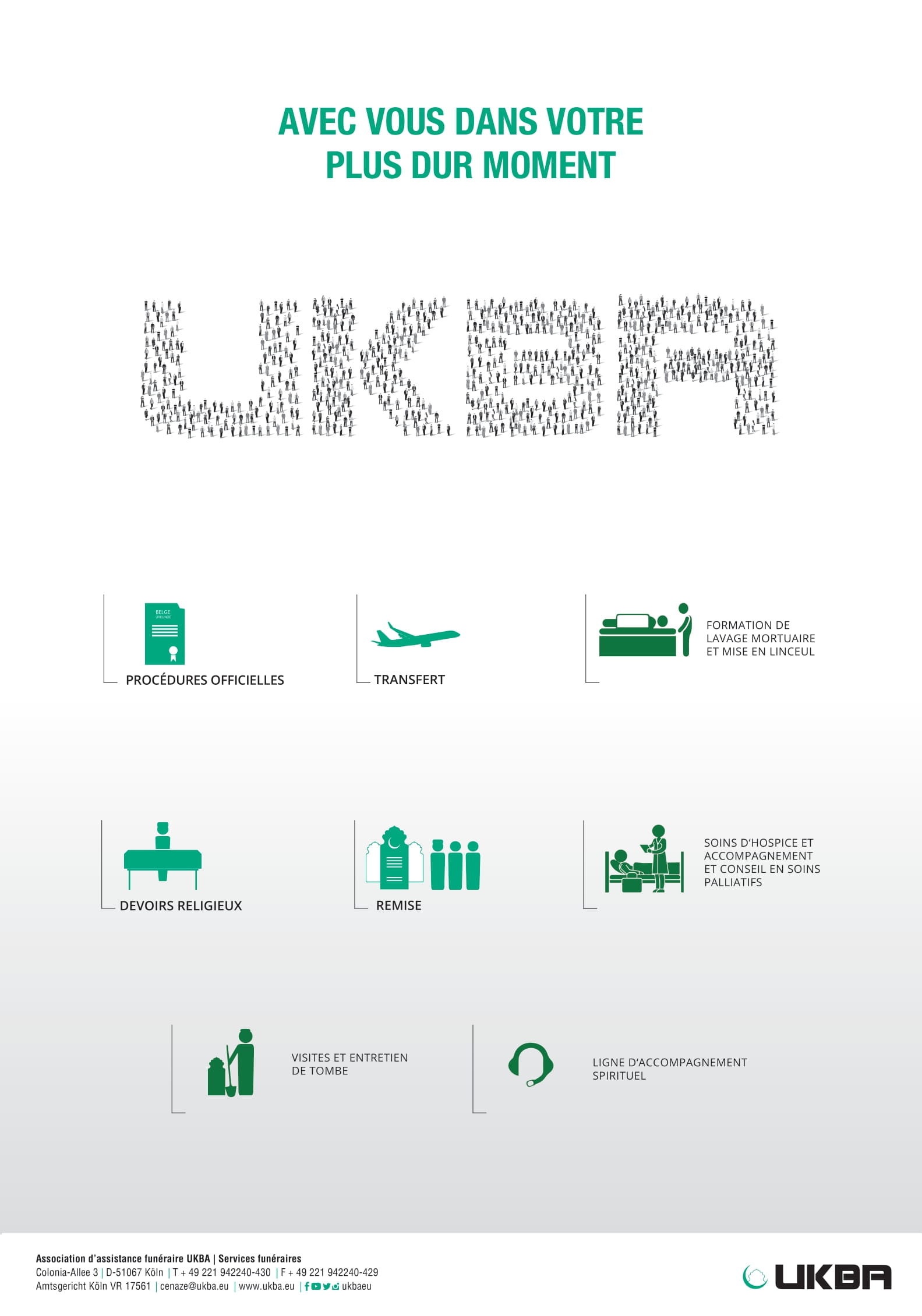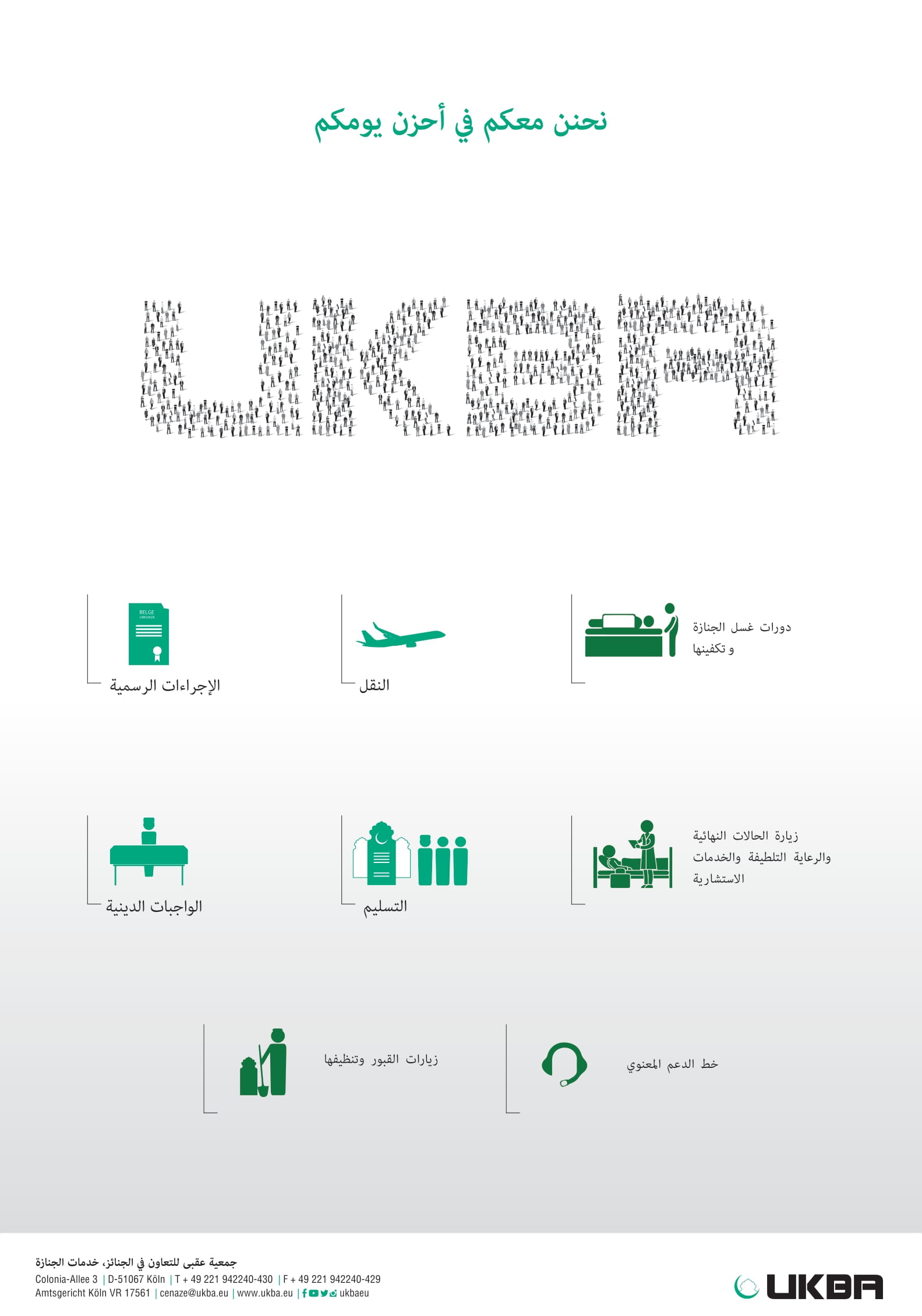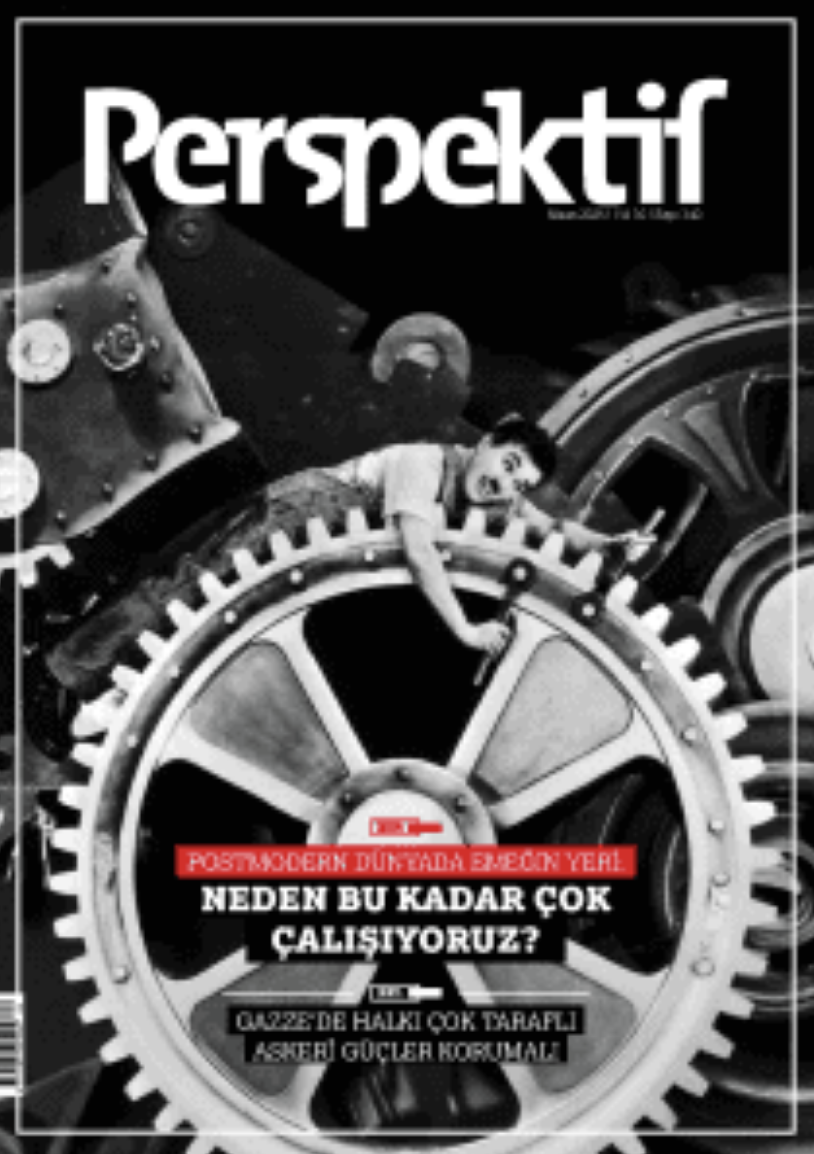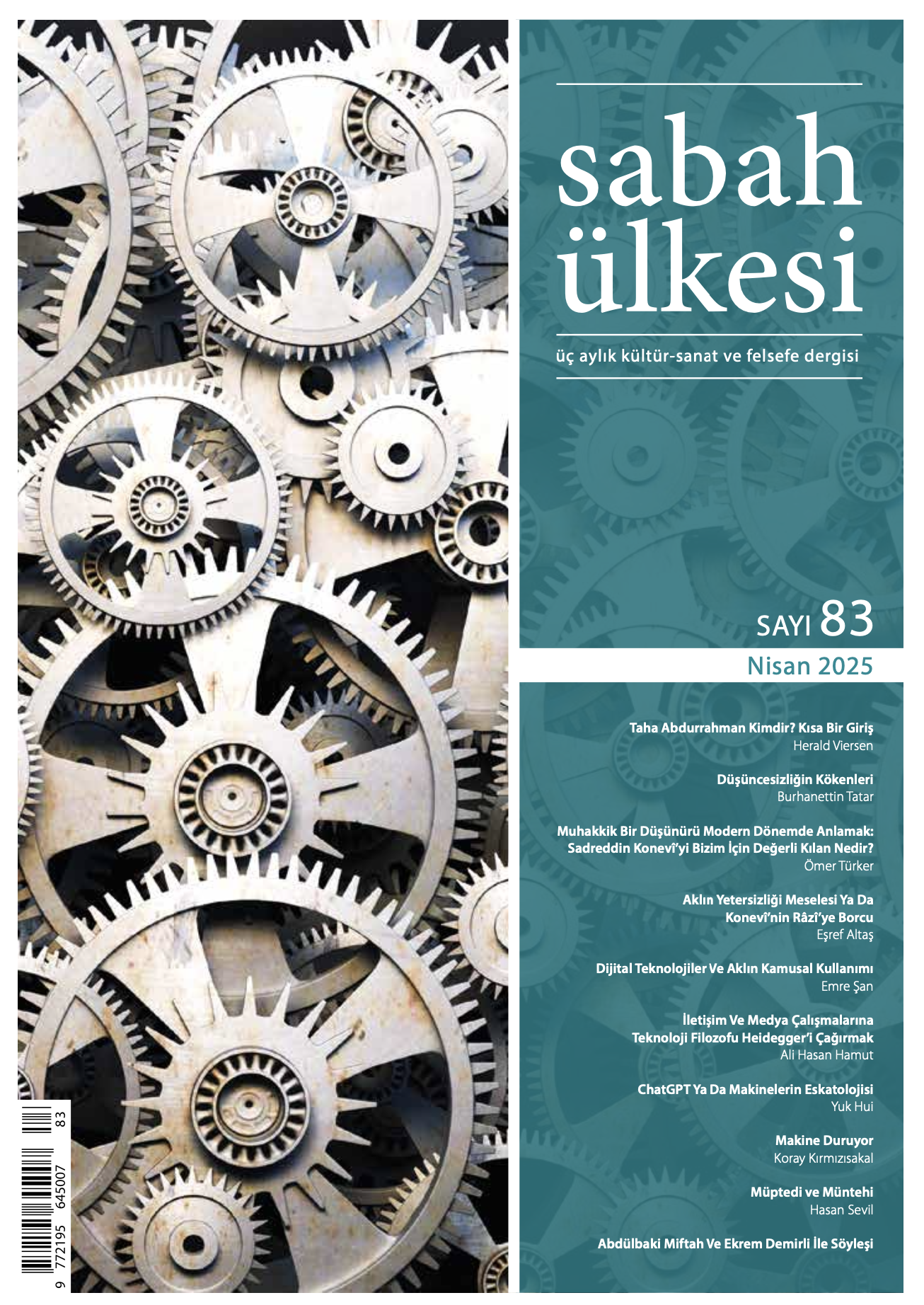Friday Khutba
Preparation for the Hereafter
19. September 2024
Dear Brothers and Sisters!
Just as it is a reality and truth that we are currently living in this world, death and the eternal afterlife are equally real and true. The purpose and wisdom of our existence is servitude to the Creator, for humankind was not created aimlessly or without responsibility. Allah (swt) created life and death to test which of us will perform better and more righteous deeds, and He has granted us countless blessings in this world. Indeed, in one verse, Allah (swt) says, “He has given you all that you asked of Him. If you tried to count Allah’s blessings, you could never enumerate them…” and thus He asks us to be grateful, to obey His commands and to refrain from His prohibitions in return for these blessings. However, from time to time, humankind lives as if unaware of these blessings, forgetting the reason for their existence and the purpose of their creation, getting caught up in the glamour of the world and turning their backs on Allah’s commands.
Dear Brothers and Sisters!
Every living being in this world has a predetermined lifespan. Every creature whose appointed time (ajal) has come will die. Just as every beginning has an end, so too will every life that begins eventually coming closer to end. Each page we tear off our calendars reduces the portion of life given to us. Just as life is not a meaningless existence, death is not something that leads to nothingness. On the contrary, life is the field for good deeds and death is a turning point that leads to the afterlife, where these deeds will be rewarded or punished. In our guide, the Holy Qur’an, it is stated: “O you who believe! Fear Allah and let every soul consider what it has sent forth for tomorrow. Fear Allah; surely Allah is well aware of what you do,” drawing attention to this truth.
Dear Jama’ah!
Every word we speak and every action we take, whether good or bad, is recorded by the angels assigned to write them down. In this regard, we will face our words and deeds in the hereafter. Just as those who work for goodness and justice will be rewarded, those who engage in evil and injustice will face their punishment. This awareness of the afterlife gives strength and power to a Muslim. In Surah Al-Kahf, Allah (swt) says: “And the record [of deeds] will be placed [open], and you will see the criminals fearful of that within it, and they will say, ‘Oh, woe to us! What is this book that leaves nothing small or great except that it has enumerated it?’ And they will find what they did present [before them]. And your Lord does injustice to no one.”
Dear Brothers and Sisters!
Belief in the afterlife is one of the fundamental principles of faith and a person must work with the awareness that they will undoubtedly be held accountable. Our Prophet (saw) said, “The intelligent person is the one who controls their soul and works for what comes after death. The foolish person is the one who follows their desires and still hopes for goodness from Allah.” Belief in the afterlife, which constitutes one of the three main principles of Islamic faith, first and foremost instils a sense of responsibility in a person. In this sense, it serves as both a legal and moral deterrent. Believing in the existence of the eternal realm, where absolute justice will prevail and all barriers to the reward of goodness will be removed, provides a great source of comfort and joy for a person.
Let us not chase after things we cannot account for. By living with an awareness of the afterlife, we can experience happiness and peace in this world and be among those who attain the blessings that Allah has prepared for the believers in the hereafter. In this world, where we do not know when death will knock on our door, let us prepare for death and the afterlife.May Almighty Allah grant us the ability to live with faith, leave this world with faith and be among those who hold themselves accountable before they are held accountable.
1 Surah Ibrahim, 14:34
2 Surah Al-Hashr, 59:18
3 Surah Al-Kahf, 18:49
4 Tirmizî, Sıfatü’l-Kıyâme, 25
Khutba – english
Khutba – turkish
Khutba – german
Khutba – arabic
Khutba – french







